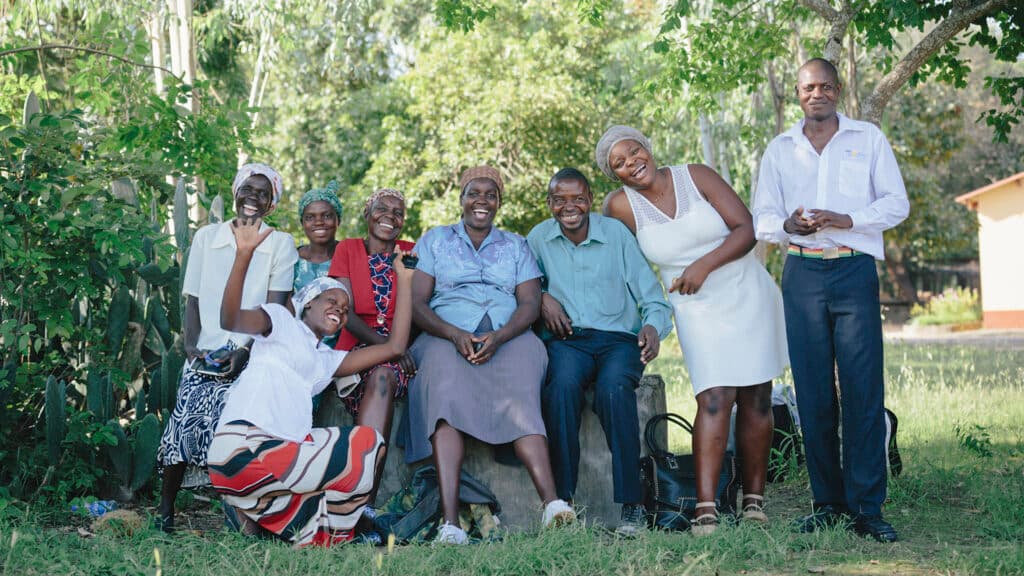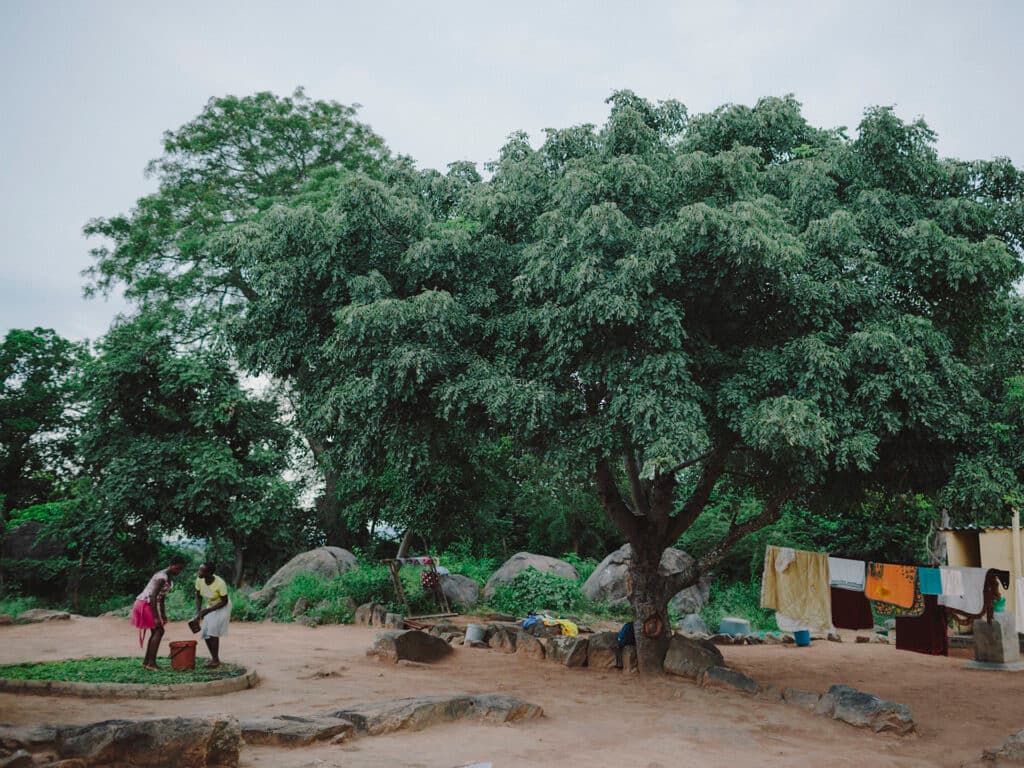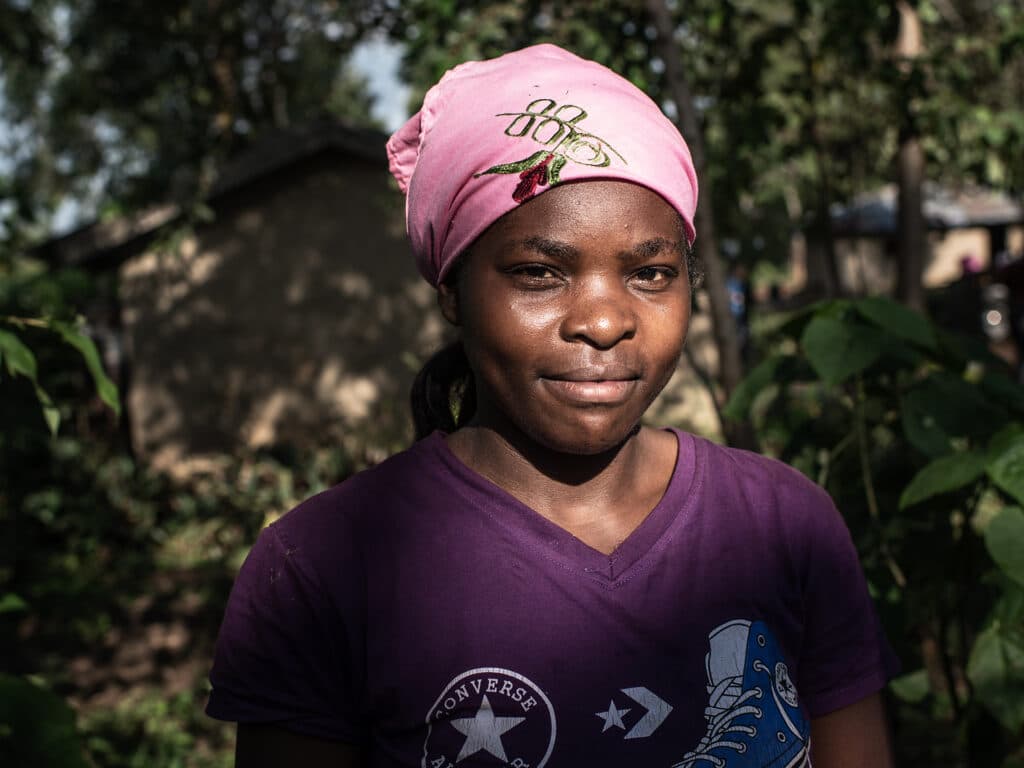
Burkina Faso
Together with our partner organizations, Diakonia has more than 25 years’ experience in changing the lives of vulnerable people in Burkina Faso. The main objective of Diakonia’s work is to improve the living conditions of people living in poverty. Our work focuses on the grassroots level, as well as on influencing policy at a national level.
Despite the implementation of various strategic poverty reduction frameworks since 2002, poverty still remains widespread and Burkina Faso is marked by a high adult illiteracy rate, poor access to health services and widening income gaps between rich and poor.
Almost 60 per cent of the population is below the age of 20 and faces problems relating to drugs, reproductive health, unemployment and lack of trust in the government.
With few natural resources, Burkina Faso depends on an agricultural economy that has a hard time countering rampant population growth and climate change.
Systematic capacity building
Diakonia and its partner organizations work on raising awareness among citizens about their rights, organizing people and strengthening civil society. This is achieved through systematic capacity building and monitoring for change. An important part of this work is to strengthen our partner organizations’ advocacy skills and their knowledge in using IT as a tool. Also, support in financial management, accounting and monitoring are key elements that enable our partner organizations to be effective on the ground.
New program targeting accountability
Diakonia now also focuses on ensuring accountability lies at the heart of democratic governance. Political change makes it necessary to strengthen the capacity of civil society and democratic institutions to hold government and relevant stakeholders accountable. Programmes will address human rights, democracy, gender, socioeconomic justice, climate change and resilience.
Diakonia’s work makes a difference
Some significant progress regarding gender issues and education has been made in Burkina Faso in recent years. Since 2012, Diakonia has managed a special fund dedicated to gender mainstreaming in institutions, gender policy monitoring at national level and supporting innovative initiatives. Other significant progress includes the adoption of a more vocationally oriented literacy curriculum. The curriculum promotes professional insertion after school, and the national adoption of bilingual education.
A recent result of our work is the political change in the country. October 2014 was a historic turning point. The government, despite repeated interpellations from civil society with our partners at the forefront, had tried to submit a bill to change the Constitution allowing the president to remain in office.[1] The mobilisation of the people at the end of October led to the withdrawal of the bill and to the resignation of the president, paving the way for a transition. This change materialised through democratic and transparent elections on 29 November 2015, with Diakonia and partners playing a key role, including by electronically monitoring the voting process and by monitoring public policies after the elections.
[1] The CSOs and the opposition invited people to mobilise to prevent violation of Article 166 of the Constitution, which stipulates that “homeland treason and the Constitution infringement are the most serious crimes committed against the people”, relying on Article 167 of the Constitution, which authorises civil disobedience in such cases. See http://burkina24.com/2014/10/27/burkina-des-spatules-contre-la-revision-de-la-constitution/
For more information
Nadine Kone, Country Director Burkina Faso
E-mail: burkina@diakonia.se
Phone: +226 25 37 49 79


